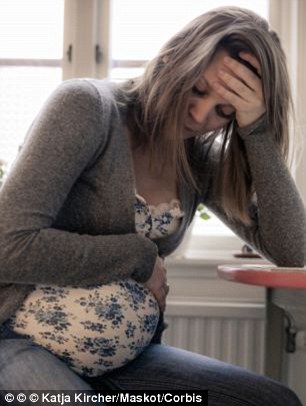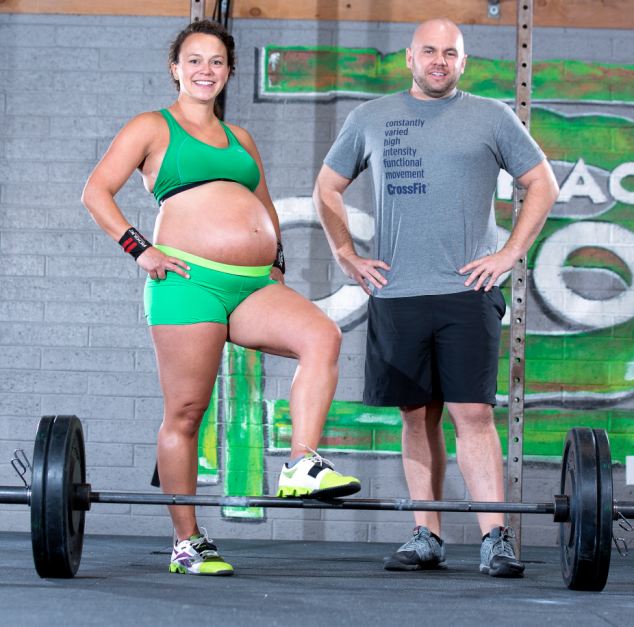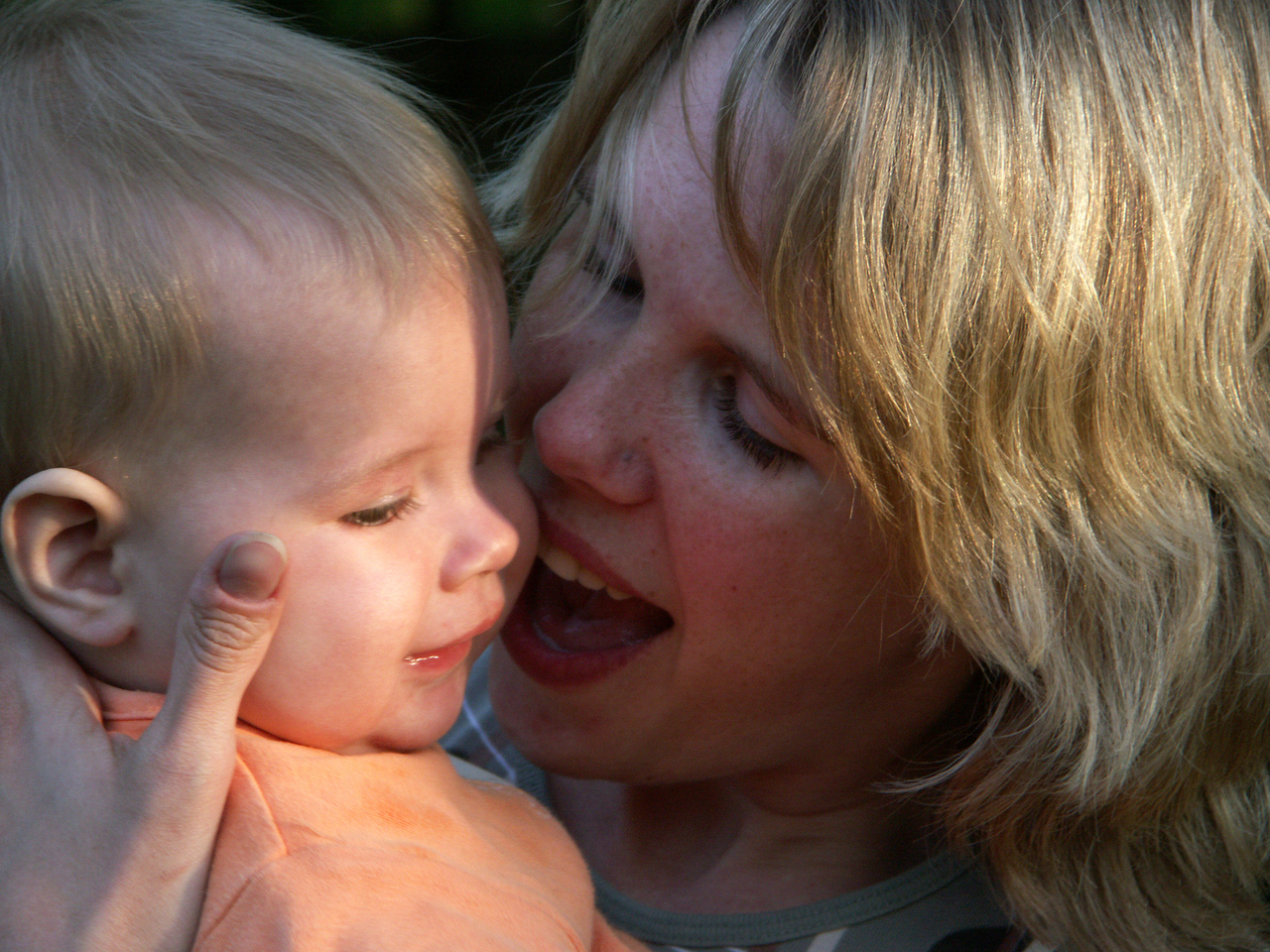Health Risk for Mothers-to-be with Headaches
Headaches during pregnancy could indicate serious health risks for mother and baby, according to a study. The US researchers found that mothers-to-be suffering headaches who had no history of them were five times more likely to have an underlying health condition. They found that, combined with higher blood pressure, it could be an indicator of pre-eclampsia. Depending on the severity and the age of the foetus, treatment for pre-eclampsia ranges from bed rest to premature delivery if the condition is serious.
Doctors examined medical records of 140 pregnant women in The Bronx, New York. Of the 49 who had headaches with an underlying cause, 51 per cent were diagnosed with pregnancy-related high blood pressure, while 38 per cent of the women had pre-eclampsia. The study, published in the journal Neurology, found high blood pressure alone may also indicate a health condition. Study lead author Dr Matthew Robbins, chief of neurology at Jack Weiler Hospital of Montefiore, said: 'Headaches during pregnancy are quite common, but it is not always easy to distinguish between a recurring, pre-existing migraine condition and a headache caused by a pregnancy complication. 'Our study suggests that physicians should pay close attention when a pregnant woman presents with a severe headache, especially if she has elevated blood pressure or lack of past headache history. 'Those patients should be referred immediately for neuroimaging and monitoring for pre-eclampsia.' Pre-eclampsia, which is also referred to as toxemia, typically occurs during the second or third trimester of pregnancy. Symptoms include high blood pressure, headaches, blurry vision, or abdominal pain, although some patients may have no symptoms. Depending on the severity and the age of the foetus, treatment for pre-eclampsia ranges from bed rest for mild preeclampsia to premature delivery if the condition is severe. The researchers looked at records of every pregnant woman with headaches who had been referred for a neurological consultation at Weiler Hospital over a five-year period. The team found that, compared to pregnant women with headache but no high blood pressure, women with headache plus high blood pressure faced a 17-fold increased likelihood that their headaches were caused by some other condition. Dr Robbins added: 'In most of these patients, their elevated blood pressure was driven by pre-eclampsia.' Other symptoms which may be an indicator of issues in the pregnancy was no history of headache in patients, which was associated with a five-fold increased likelihood the headache was secondary to something else.
Retrieved From:
|
|



















